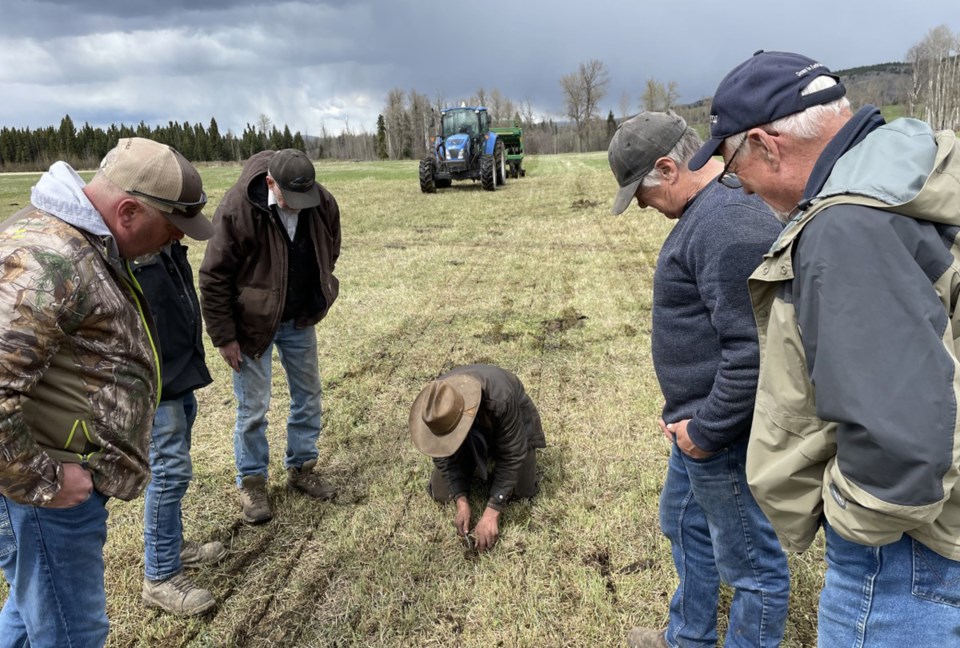The Regional District of Fraser-Fort George adopted its first regional agricultural strategy on Thursday.
The strategy outlines the district’s goals and actions to support local food and agriculture systems throughout the region.
“The strategy lays out the plan to guide and support agriculture and farming for all seven electoral areas within the region,” district chairperson Lara Beckett said. “It provides a 20-year vision for agriculture with short, medium and long-term actions identified to strengthen and grow the food and agriculture sector.”
The strategy outlines five main goals: local government policies and plans support the food and agriculture sector; stability and diversity characterize regional food and agriculture sectors; robust education and marketing programs enhance regional food and agriculture; agriculture is regenerative and producers are prepared for emergencies; and strong networks and capacity help to sustain the regional food and agriculture sector.
“What we hoped was this plan would have a landing place for all types of producers,” district general manager of development services Kenna Jonkman said, during a presentation to the district’s agriculture committee on Thursday.
FARM PROFITABILITY KEY
Director Gene Runtz said he sees a need in the region to encourage small agricultural lots, in the range of five acres, within the Agricultural Land Reserve.
Many of the larger farms in the region are no longer profitable, he said, but allowing more small lots would encourage rural development while still encouraging small-scale agriculture.
As the cost of living in B.C. cities continues to rise, he said, some are looking to purchase out in the rural areas.
“(But) they don’t want to buy 160 acres, because it costs a lot of money,” he said. “You can do a tremendous amount of agriculture on five acres.”
Director Victor Mobley said he’s seen former working farms in his region planted with trees, because they are no longer profitable to farm.
“Right now they’re being subdivided and being used for just houses,” Mobley said. “We need to show them how they can make money farming five acres. We need to be able to make money when you’re farming.”
Farming can still be profitable, but “we can’t think the way we have for the last 30, 40 years,” he added.
Acting director Pete Pearson said farm profitability isn’t just about the producers, they need opportunities to sell their produce. Seasonal farmers markets aren’t enough to support a robust local agricultural sector, he said.
“The thing with trying to encourage these small producers is.. to find that end market,” he said.
EXPERIMENTAL FARM NEEDED
Director Bill Empey said research is needed on what can be produced profitably in the region. A former experimental farm in the region is now sitting vacant and “only growing weeds,” he added.
Consultant and strategy author Janine de la Salle said UNBC is engaged in the region, and would be an ideal fit for experimental farm. However, operations like experimental farms require funding and local champions to get off the ground.
Prince George Mayor Simon Yu, who sits on the board as a director, said he’s been approached by a landowner in the city who has five acres of agricultural land. That person wanted to sell the land, but see it continue to be used for agriculture.
“I think it would be a good idea to have an urban experimental farm, it’s exactly five acres,” Yu said.
The city, regional district and UNBC could potentially purchase the land for use as an experimental farm for the region, he said.
The strategy was funded in part by Agriculture and Agri-Food Canada and the Government of British Columbia through programs delivered by the Investment Agriculture Foundation of BC.
The plan is available on the regional district website at www.rdffg.bc.ca.



